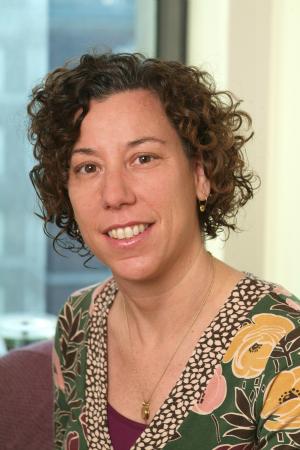Environmental Law Clinic's Susan J. Kraham Participates in Conference at the White House
Second Annual "White House Women and the Environment Summit" Focuses on Changes at the Community Level
| Susan J. Kraham |
New York, March 29, 2013—During a recent Environmental Protection Agency summit at the White House, Susan J. Kraham '92, senior staff attorney at Columbia Law School’s Environmental Law Clinic, had the opportunity to discuss in broad terms some of the work she and her students do, including litigation on food policy issues like factory farming.
Kraham and more than 100 other women leaders in science, technology, engineering, and mathematics gathered at the White House for the EPA’s 2nd annual “White House Women and the Environment Summit.” The participants heard from some of the most influential women in the field, including President Obama’s nominee to head the EPA, Gina McCarthy, and Linda S. Birnbaum, director of the National Institute of Environmental Health Sciences.
“What we heard was a commitment from the administration to focus on important environmental issues, including clean water and climate change,” Kraham said.
In one breakout discussion, Kraham had the opportunity to describe the Environmental Law Clinic’s work. Directed by Edward Lloyd, the Evan M. Frankel Clinical Professor in Environmental Law, the clinic represents clients on a broad array of issues. Besides food policy, the students handle cases involving clean water, wetlands preservation, endangered species, environmental justice, “smart growth,” and clean air.
“The session was an affirmation that individual communities need the services of clinics like ours to accomplish their goals,” she said.
Innovation was a major theme of the March 21 summit. One of the ideas Kraham hopes to reinforce with her students is the need to look beyond traditional environmental litigation areas like clear air and water. She said possible topics to explore include how environmental issues affect public health, how green technology can reduce housing costs, and how climate change impacts vulnerable communities.
The EPA invited Kraham to attend the daylong event because of her expertise in community-based environmental lawyering.
“It was really about focusing on environmental issues at the micro level—people to people,” Kraham said. “About engaging communities, not by telling them what you’re doing but by partnering with them to see what they want you to do.”
